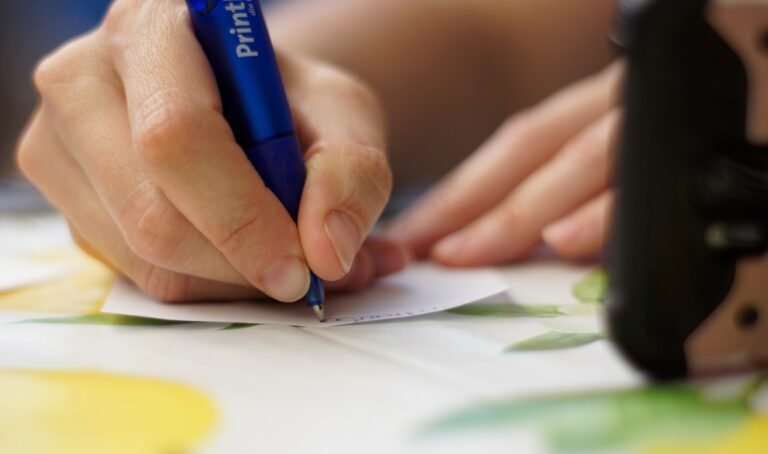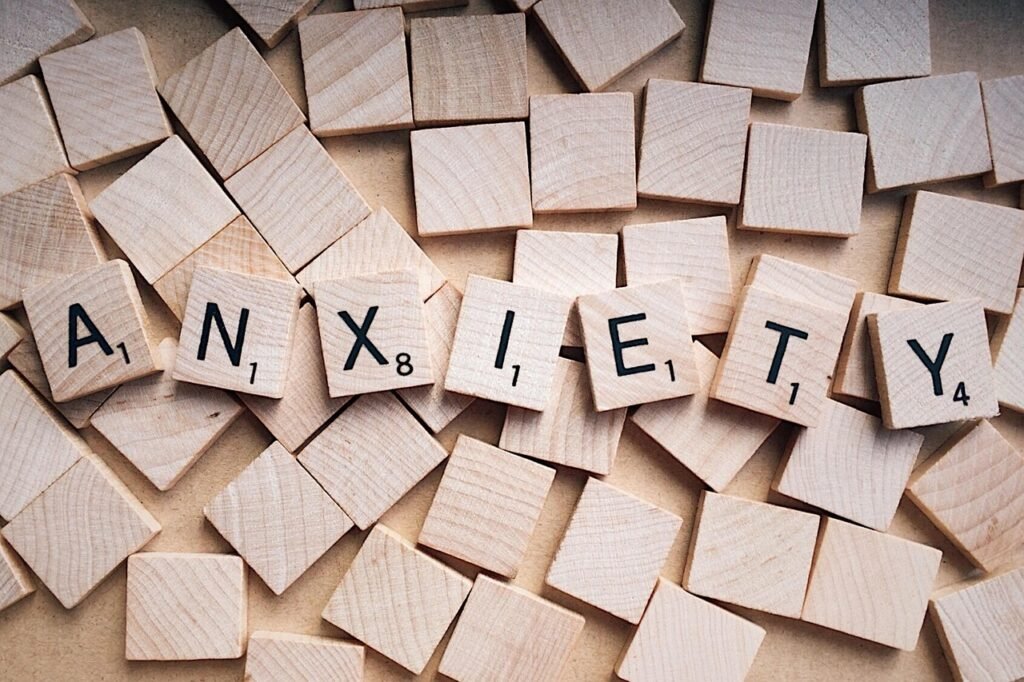Performance anxiety is a common challenge for musicians of all levels. Whether you’re playing in a recital, auditioning, or simply performing for friends and family, the nerves can be overwhelming. However, with the right mindset and preparation, you can turn anxiety into confidence and deliver a performance you’re proud of. Here are some practical tips to help you overcome performance anxiety and play with confidence.

1. Prepare Thoroughly
Confidence begins with preparation. The more familiar you are with your piece, the less room there is for uncertainty. Practice consistently and break your music into smaller sections to ensure mastery of every detail. Simulate performance conditions by playing in front of a mirror, recording yourself, or inviting a small audience to listen before the actual event.

2. Develop a Pre-Performance Routine
Creating a reliable pre-performance routine can help reduce nerves and bring a sense of stability. This can include warm-up exercises, deep breathing techniques, stretching, or a short mindfulness session. A consistent routine signals to your brain that it’s time to perform and helps transition from practice mode to performance mode.

3. Practice Mindfulness and Breathing Techniques
Anxiety often manifests physically, with symptoms like rapid heartbeat, shaky hands, or shallow breathing. To counteract this, practice deep breathing exercises such as the 4-7-8 technique (inhale for four counts, hold for seven, exhale for eight). Mindfulness and meditation can also help you stay present and avoid spiraling thoughts about potential mistakes.

4. Reframe Nervousness as Excitement
Instead of labeling your nerves as fear, try viewing them as excitement. Physiologically, the sensations of nervousness and excitement are very similar. By shifting your mindset, you can harness that energy in a positive way and transform it into enthusiasm for your performance.

5. Visualize a Successful Performance
Mental preparation is just as important as physical practice. Close your eyes and imagine yourself playing confidently and expressively. Visualizing success can help program your brain to feel more at ease when the actual performance arrives.

6. Accept Imperfection
No performance is ever truly perfect, and that’s okay. Accepting that mistakes may happen allows you to move past them quickly rather than dwelling on them. Focus on making music and connecting with your audience instead.

7. Perform Regularly
The more you perform, the more comfortable you become with the experience. Seek out low-pressure opportunities to play for others, such as open mics, casual gatherings, or small studio recitals. Over time, exposure will help desensitize you to performance anxiety.

8. Stay Positive and Self-Compassionate
Your inner dialogue matters. Replace negative thoughts like “I’m going to mess up” with affirmations like “I am prepared and capable.” Be kind to yourself and recognize that every performance is a learning experience.

9. Get Support
Surround yourself with a supportive community of fellow musicians, teachers, or mentors who understand performance anxiety. Sharing your experiences and receiving encouragement can make a world of difference.
Performance anxiety is a natural part of being a musician, but it doesn’t have to hold you back. By preparing thoroughly, adopting a positive mindset, and embracing strategies that promote calmness and focus, you can step on stage with confidence. Remember, your audience wants you to succeed, and music is about expression. Keep playing, keep growing, and most importantly—enjoy the music!

